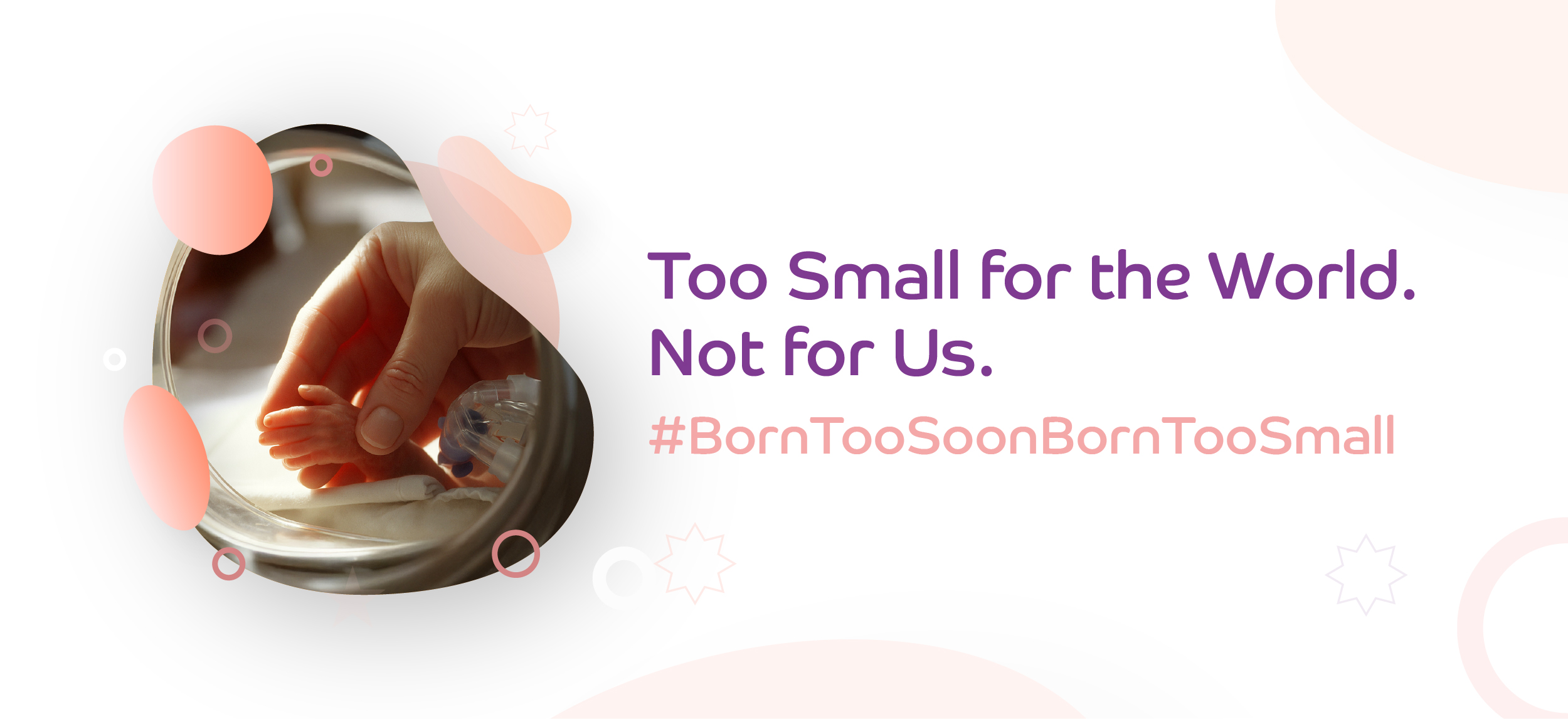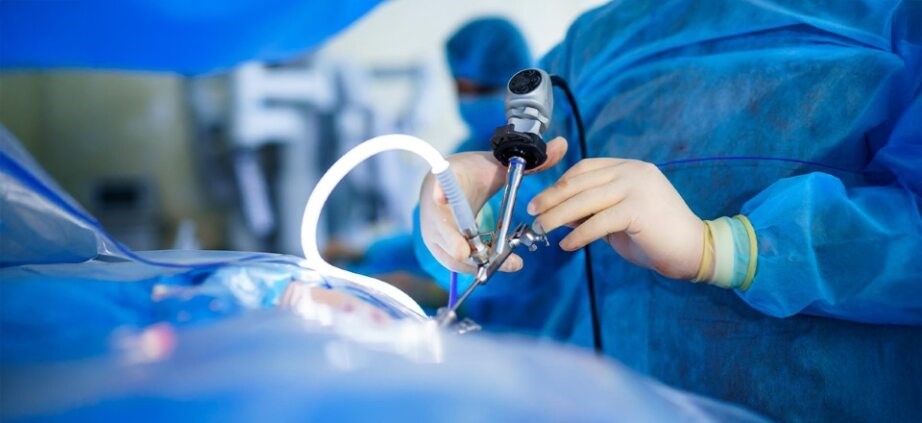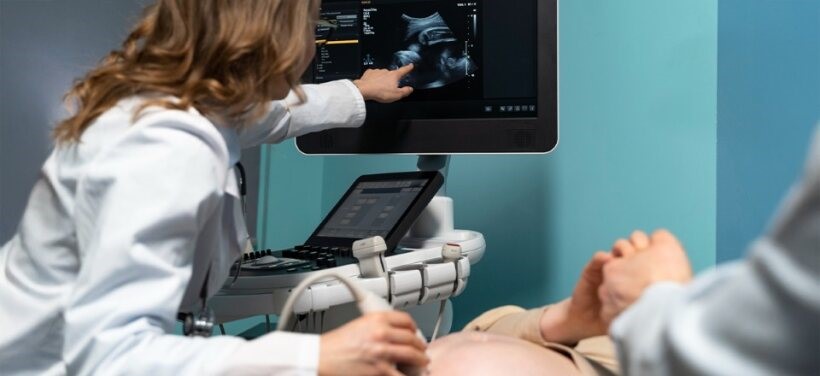Categories
10 Essential Precautions to Follow During Your IVF Pregnancy
Aug 05, 2025
An IVF pregnancy begins not with chance, but with science: eggs fertilized in glass, embryos chosen with care, and one placed gently inside your womb during the IVF embryo transfer. For many couples, this moment arrives after years of waiting and repeated attempts, which makes every step afterward feel heightened, even fragile.
Should you rest more than usual? Is it safe to climb stairs? Can intimacy disturb implantation? These are not idle questions. They are the daily thoughts of mothers carrying a pregnancy that took so much to achieve.
The truth is, your pregnancy is precious — but not breakable glass. Your body, supported by medicine, is prepared to nurture life. What matters is not blind caution but informed care. These ten IVF pregnancy precautions, explained with the science behind them, will help you live this journey with both confidence and gentleness.
Doctors usually advise one quiet day of rest after transfer. This pause is for you — your body has endured injections and procedures, your mind weeks of tension. After that, light movement is not just safe, it is beneficial. Walking improves circulation, prevents clotting, and reassures you that normal life is possible. Avoid heavy lifting, but don’t fear stairs or short household movements.
These medications are not optional; they are scaffolding. Skipping doses interrupts the signals that stabilize your pregnancy. Set alarms, keep spares in your bag, and never adjust medication without guidance. Each pill or injection is invisible reinforcement — one of the most critical IVF pregnancy precautions.
But in IVF pregnancy, safety matters as much as nutrition. Avoid raw fish, undercooked eggs, and unpasteurized dairy to reduce infection risks. Wash fruits well, eat freshly cooked meals, and keep caffeine under 200 mg a day.
IVF hormones like progesterone can cause bloating and early weight gain. Don’t panic. Focus less on scales and more on steady, home-cooked meals that your body can use without stress.
Plain water is best, but soups, coconut water, and hydrating fruits also count. Pair hydration with gentle walking to improve circulation. Together, they keep your body’s rhythm smooth and your baby’s nourishment constant.
Calm is not the absence of fear; it is learning to soften it. Breathing exercises, short walks, meditation, or soft music can help. If anxiety overwhelms you, seek counselling or join an IVF support group.
And remember: your partner’s support matters. Shared chores, attending check-ups, and shielding you from unhelpful “advice” all reduce stress. IVF is not a solo journey.
What to avoid: lifting heavy weights, sudden jerks, and workouts that leave you breathless. Gentle walking or doctor-approved prenatal yoga are safe. Move enough to feel alive, never enough to feel drained.
Skipping an appointment because “I feel fine” is risky. Some complications are silent at first. Regular visits are not formalities — they are your early-warning system, a radar that keeps you safe through uncertain skies.
Also guard against infections. Wash hands often, cook food thoroughly, and avoid close contact with people who are sick. Ask your doctor about vaccines like flu or whooping cough. IVF already taxes your system; don’t add preventable risks.
But heavy bleeding, severe abdominal pain, swelling of face or hands, high fever, or blurred vision are red flags. Don’t hesitate. Call your doctor immediately. In IVF, vigilance is wisdom, not overreaction.
At work, avoid sitting for long hours without breaks. Stretch, hydrate, and use supportive posture. Commuting and screens add fatigue; balance them with small pauses.
What about intimacy? Most doctors advise avoiding intercourse during the first trimester to protect implantation. After clearance, intimacy can often resume, but always with gentleness and medical approval.
And if you need guidance beyond checklists, seek care where science meets compassion. At BirthRight by Rainbow Hospitals, fertility specialists walk with you at every step — from the anxious days after embryo transfer to the reassuring moment you hold your baby. With expert care and human warmth, your journey is never walked alone.
Disclaimer: This blog aims to provide general information and should not be considered a substitute for professional medical advice, diagnosis, or treatment. Always consult a qualified healthcare provider about your health. If you think you may be experiencing a medical emergency, seek immediate help.
4) During early IVF pregnancy, what should I eat—and what should I avoid to support a healthy first trimester?
Prefer fresh, home-cooked meals; wash fruits well. Avoid raw fish, undercooked eggs, and unpasteurized dairy. Keep caffeine under ~200 mg/day. Hydrate, water is best; soups and coconut water help too. IVF hormones can cause bloating; don’t chase the scale—aim for steady, simple meals.
Should you rest more than usual? Is it safe to climb stairs? Can intimacy disturb implantation? These are not idle questions. They are the daily thoughts of mothers carrying a pregnancy that took so much to achieve.
The truth is, your pregnancy is precious — but not breakable glass. Your body, supported by medicine, is prepared to nurture life. What matters is not blind caution but informed care. These ten IVF pregnancy precautions, explained with the science behind them, will help you live this journey with both confidence and gentleness.
1. Rest After IVF Embryo Transfer and the Two-Week Wait
The first two weeks after an IVF embryo transfer can feel endless. Every cramp seems suspicious, every bathroom trip terrifying. But the embryo, once placed, does not roll around like a marble. Within hours, microscopic signals begin to anchor it into the uterine lining.Doctors usually advise one quiet day of rest after transfer. This pause is for you — your body has endured injections and procedures, your mind weeks of tension. After that, light movement is not just safe, it is beneficial. Walking improves circulation, prevents clotting, and reassures you that normal life is possible. Avoid heavy lifting, but don’t fear stairs or short household movements.
2. Take Prescribed Medications on Time
In early IVF pregnancies, the body often needs extra hormonal support. Progesterone thickens the uterine lining, estrogen balances it, and together they signal: hold on to this life.These medications are not optional; they are scaffolding. Skipping doses interrupts the signals that stabilize your pregnancy. Set alarms, keep spares in your bag, and never adjust medication without guidance. Each pill or injection is invisible reinforcement — one of the most critical IVF pregnancy precautions.
3. Eat a Balanced, Safe, and Clean Diet
Food is not just fuel — it is construction material. Folate builds the baby’s brain and spinal cord. Iron supports your expanded blood supply. Calcium strengthens tiny forming bones.But in IVF pregnancy, safety matters as much as nutrition. Avoid raw fish, undercooked eggs, and unpasteurized dairy to reduce infection risks. Wash fruits well, eat freshly cooked meals, and keep caffeine under 200 mg a day.
IVF hormones like progesterone can cause bloating and early weight gain. Don’t panic. Focus less on scales and more on steady, home-cooked meals that your body can use without stress.
4. Stay Hydrated and Mind Circulation
Pregnancy increases blood volume, and hydration keeps that river flowing smoothly. Water carries oxygen to the placenta, reduces constipation, and relieves fatigue.Plain water is best, but soups, coconut water, and hydrating fruits also count. Pair hydration with gentle walking to improve circulation. Together, they keep your body’s rhythm smooth and your baby’s nourishment constant.
5. Avoid Stress and Care for Mental Health
After IVF, anxiety doesn’t vanish with a positive test. Fear of miscarriage, memories of failed cycles, and pressure from family can weigh heavily. Stress hormones like cortisol, when prolonged, disturb sleep and immunity.Calm is not the absence of fear; it is learning to soften it. Breathing exercises, short walks, meditation, or soft music can help. If anxiety overwhelms you, seek counselling or join an IVF support group.
And remember: your partner’s support matters. Shared chores, attending check-ups, and shielding you from unhelpful “advice” all reduce stress. IVF is not a solo journey.
6. Limit Physical Exertion, but Don’t Fear Stairs
One of the most common searches: “Can I climb stairs after IVF?” The answer is yes, in moderation. Normal stair climbing, driving short distances, or working at a desk do not endanger the embryo.What to avoid: lifting heavy weights, sudden jerks, and workouts that leave you breathless. Gentle walking or doctor-approved prenatal yoga are safe. Move enough to feel alive, never enough to feel drained.
7. Maintain Regular Doctor Visits and Monitoring
Unlike natural pregnancies, IVF pregnancies need closer observation, especially in the first trimester. Hormones, fetal growth, and uterine environment are monitored more frequently.Skipping an appointment because “I feel fine” is risky. Some complications are silent at first. Regular visits are not formalities — they are your early-warning system, a radar that keeps you safe through uncertain skies.
8. Avoid Smoking, Alcohol, and Infections
The evidence is clear. Nicotine narrows blood vessels and starves the fetus of oxygen. Alcohol crosses the placenta and interferes with brain development. There is no safe amount.Also guard against infections. Wash hands often, cook food thoroughly, and avoid close contact with people who are sick. Ask your doctor about vaccines like flu or whooping cough. IVF already taxes your system; don’t add preventable risks.
9. Watch for Warning Signs and Understand Normal Changes
IVF medications can mimic pregnancy symptoms: bloating, breast tenderness, mood swings. These are expected. Light spotting is also common.But heavy bleeding, severe abdominal pain, swelling of face or hands, high fever, or blurred vision are red flags. Don’t hesitate. Call your doctor immediately. In IVF, vigilance is wisdom, not overreaction.
10. Sleep, Work, Intimacy, and Lifestyle Balance
Sleep is medicine. During rest, hormones reset and tissues repair. Aim for seven to nine hours a night, ideally on your side for better blood flow.At work, avoid sitting for long hours without breaks. Stretch, hydrate, and use supportive posture. Commuting and screens add fatigue; balance them with small pauses.
What about intimacy? Most doctors advise avoiding intercourse during the first trimester to protect implantation. After clearance, intimacy can often resume, but always with gentleness and medical approval.
Beyond the First Trimester
Precautions feel most urgent in the first 12 weeks. After this, many IVF pregnancies follow the same path as natural ones, with continued monitoring. The journey becomes steadier, less dominated by fear, but still anchored in vigilance.Final Word
An IVF pregnancy is extraordinary not because it is fragile, but because of the effort and love that built it. These IVF pregnancy precautions are not folklore; they are truths rooted in medicine and daily life. Follow them not with fear, but with confidence.And if you need guidance beyond checklists, seek care where science meets compassion. At BirthRight by Rainbow Hospitals, fertility specialists walk with you at every step — from the anxious days after embryo transfer to the reassuring moment you hold your baby. With expert care and human warmth, your journey is never walked alone.
Disclaimer: This blog aims to provide general information and should not be considered a substitute for professional medical advice, diagnosis, or treatment. Always consult a qualified healthcare provider about your health. If you think you may be experiencing a medical emergency, seek immediate help.











